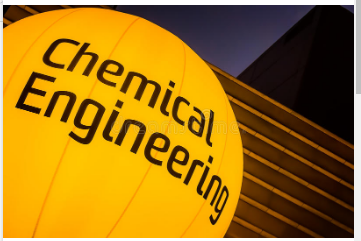A blog on Basics of Chemical engineering

Chemical engineering is a branch of engineering that deals with the production, transformation, and processing of materials and substances using chemical reactions. Chemical engineers apply the principles of chemistry, physics, biology, and mathematics to design and operate industrial processes for the production of chemicals, fuels, pharmaceuticals, food, and many other products. In this blog, we will discuss the basics of chemical engineering, including the required education, basic concepts, and job opportunities. Education To become a chemical engineer, you must have a degree in chemical engineering or a related field, such as chemistry or biochemistry. A bachelor's degree is the minimum requirement for entry-level positions, but many employers prefer candidates with a master's or doctoral degree. Chemical engineering programs typically include coursework in chemistry, physics, mathematics, and engineering principles. Basic concepts Thermodynamics: Thermodynamics is the st...




